Stars often come in groups of two or more. And if they’re orbiting close enough to each other, one star can feast on the other. And when that happens, well, mayhem ensues.
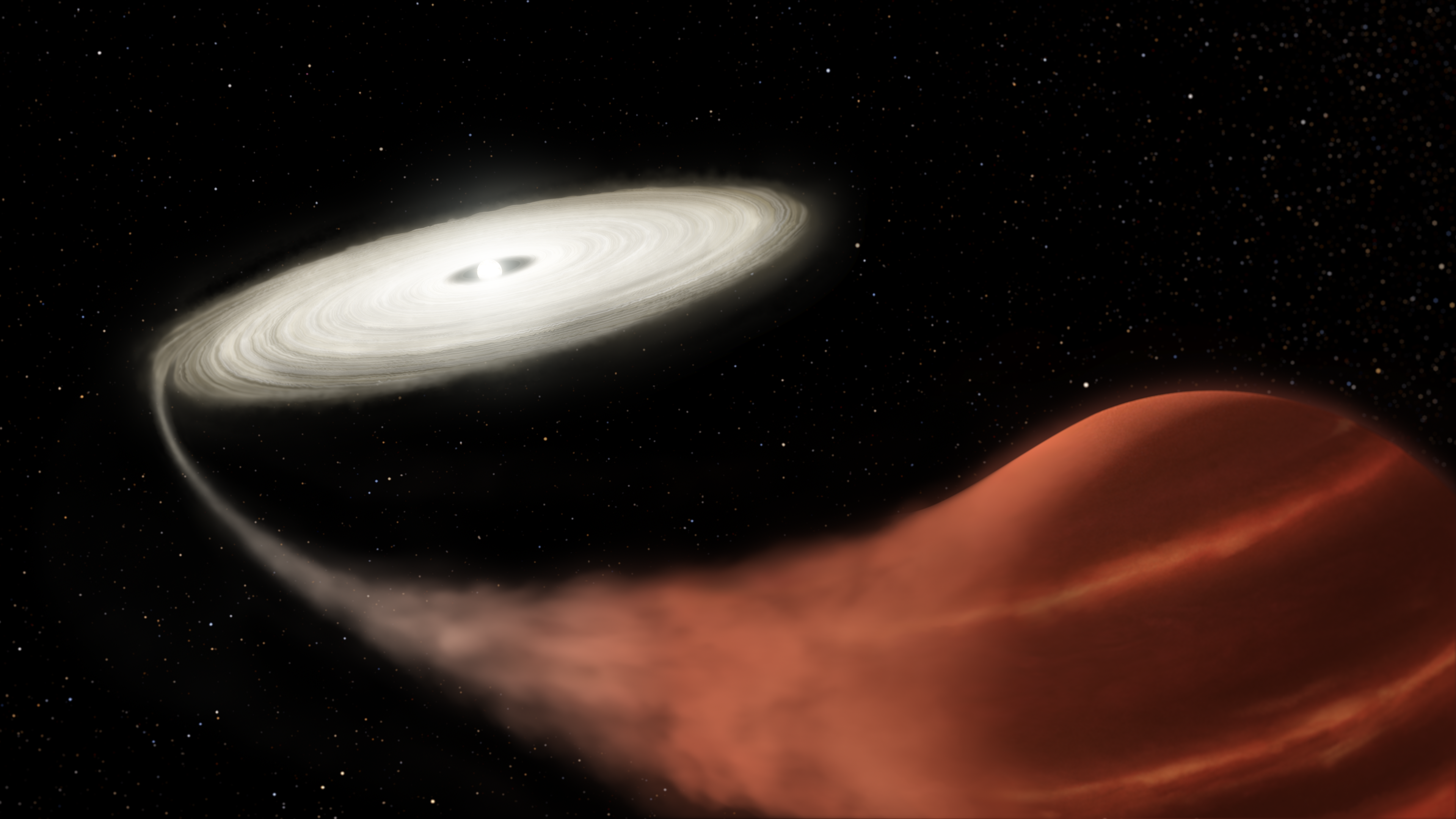

Stars often come in groups of two or more. And if they’re orbiting close enough to each other, one star can feast on the other. And when that happens, well, mayhem ensues.
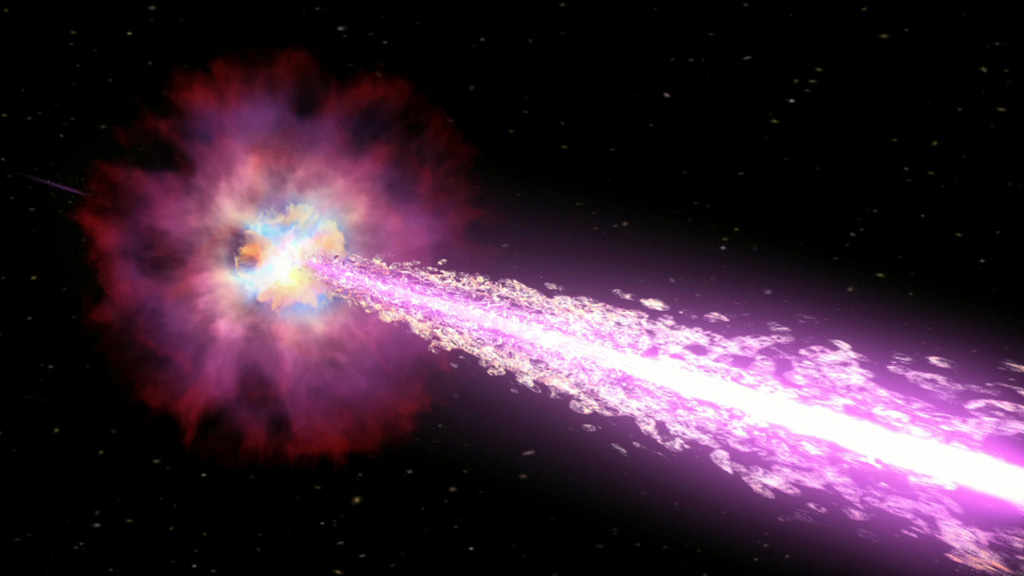
Some of the most powerful explosions in the Universe are gamma ray bursts, capable of blasting a beam of death halfway across the galaxy. In just the last few years, astronomers have discovered a tremendous amount about these blasts, and what’s actually causing them. The answer, of course, is that it’s more complicated than we thought.
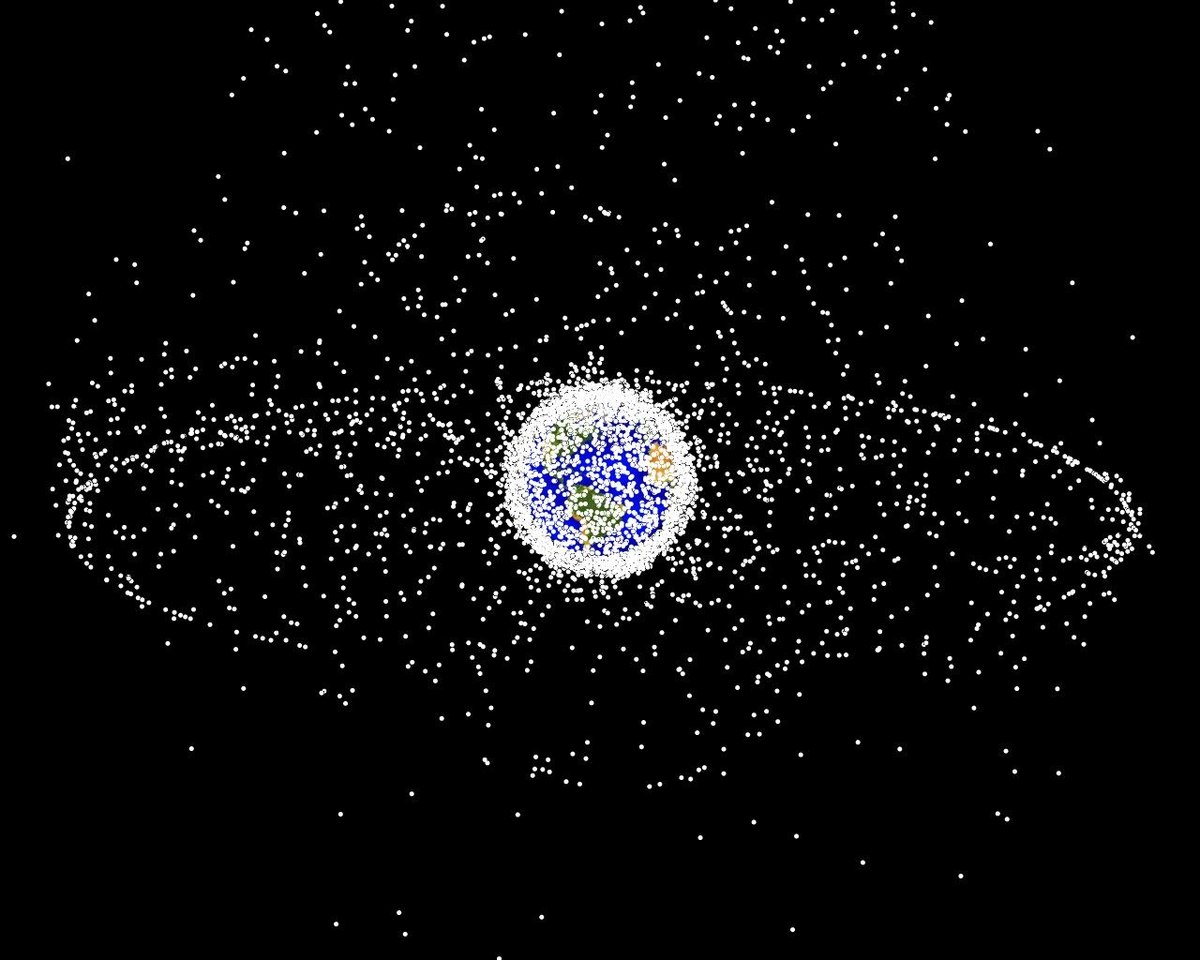
Remember the good old days, where there were only a few thousand living and dead satellites? Those days are long over. We’re now entering an era where there will be tens of thousands of satellites, not to mention the spent rocket boosters and other space junk. What kind of a risk do we face and what can be done about it?
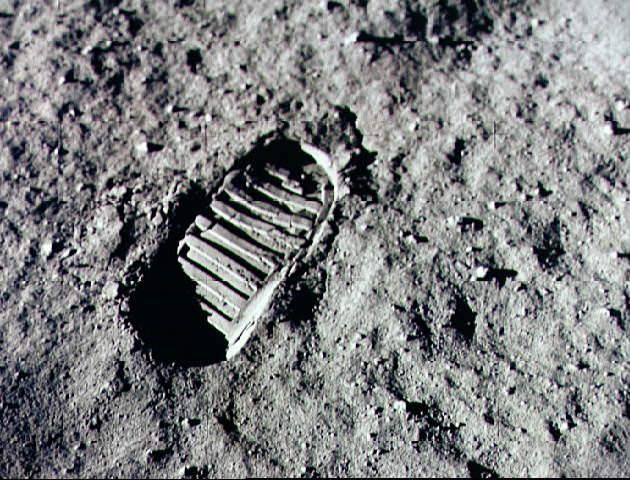
2024 can’t come soon enough. You know, that’s the year when humans will set foot on the Moon again. Don’t you roll your eyes. That’s the plan. Well, unless the plan changes. But my point is, explorers going to the Moon will need to be concerned about all kinds of hazards, like dust, radiation and gigantic moon worms.
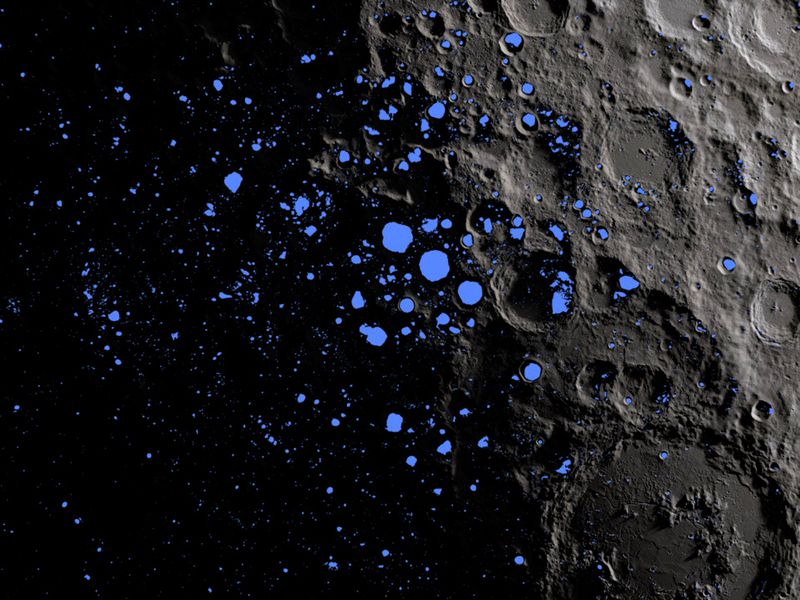
We’ve talked about water on the Moon many times here on Astronomy Cast, but there have been a bunch of big updates, thanks to new research from NASA and others. Today we’re going to give you an update on the state of water on the Moon and the plans to take advantage of it.
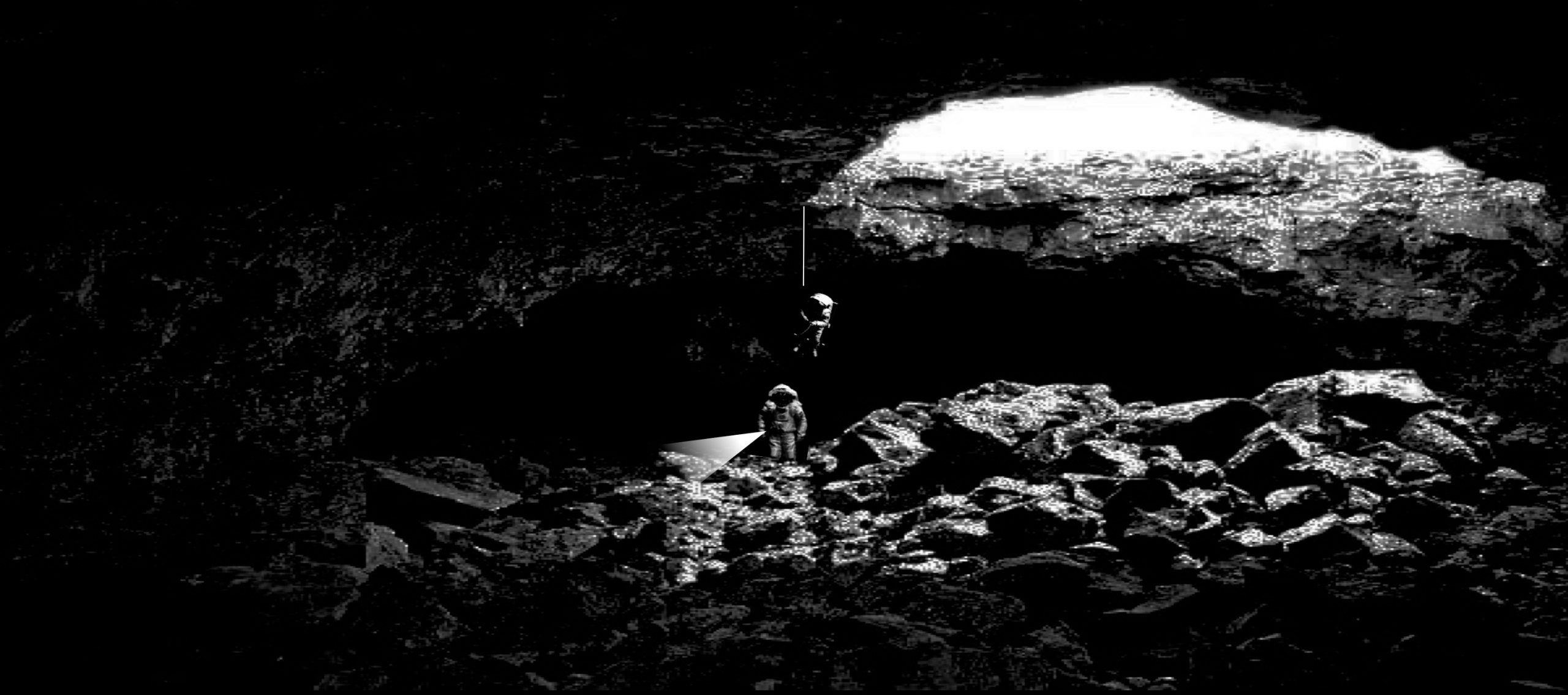
All eyes are on the Moon. We’re going back, this time to stay… right? One of the best resources on the Moon will be the lava tubes that crisscross the subsurface of the Moon. These can provide protection from space, and a look into the geologic history of the Moon. And they can be enormous.
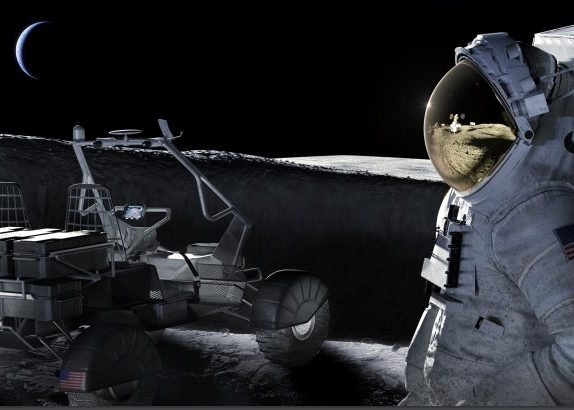
The Moon is about to become a very busy place, with multiple countries and private companies planning missions in the next few years. It’s been decades since the Outer Space Treaty was negotiated. It’s time for the Artemis Accords.
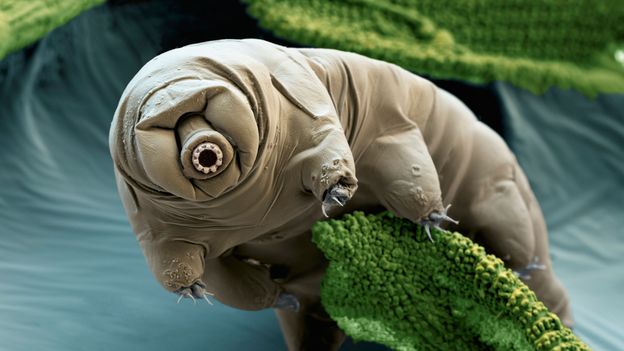
As scientists continue to explore the Earth, they’re discovering life surviving and even thriving in extreme environments. What hints can this give us about what we might find as we search for life on other worlds?
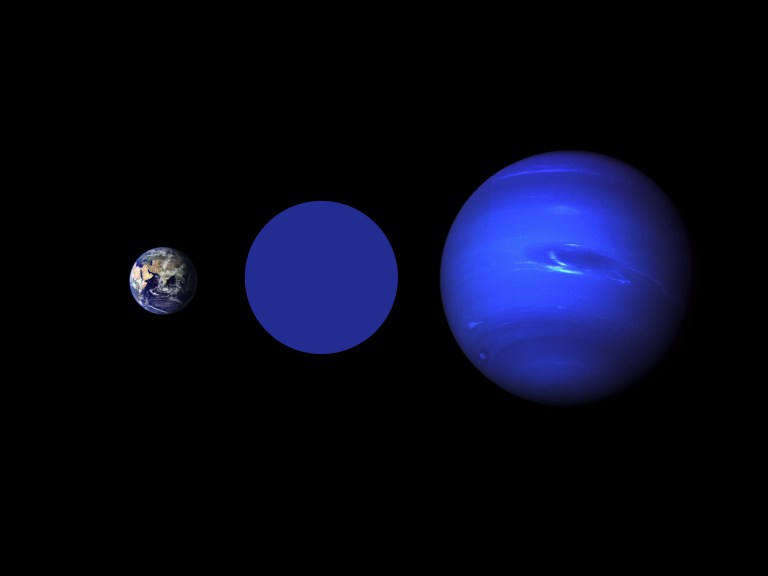
As astronomers are finding even more new extrasolar planets, they’re starting to discover entirely new categories. There are classes of planets out there that we just don’t have any analog here in the Solar System. Let’s talk about them.
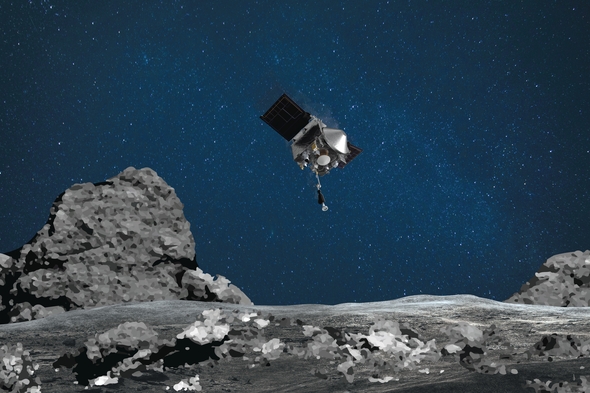
With a sample of asteroid Bennu firmly inside OSIRIS-REx’s return capsule, it’s time to bring this treasure home so scientists can study the composition and history of the space rock. But it’s not the only sample return mission out there, with Japan’s Hayabusa2 mission also bringing asteroid debris home. Today, let’s talk about the missions and what we’ve learned so far.

This year’s Nobel Prize in Physics was awarded to three brilliant researchers who worked out some of the secrets of black holes. Today we’re going to talk about the chain of discoveries that led to this award.
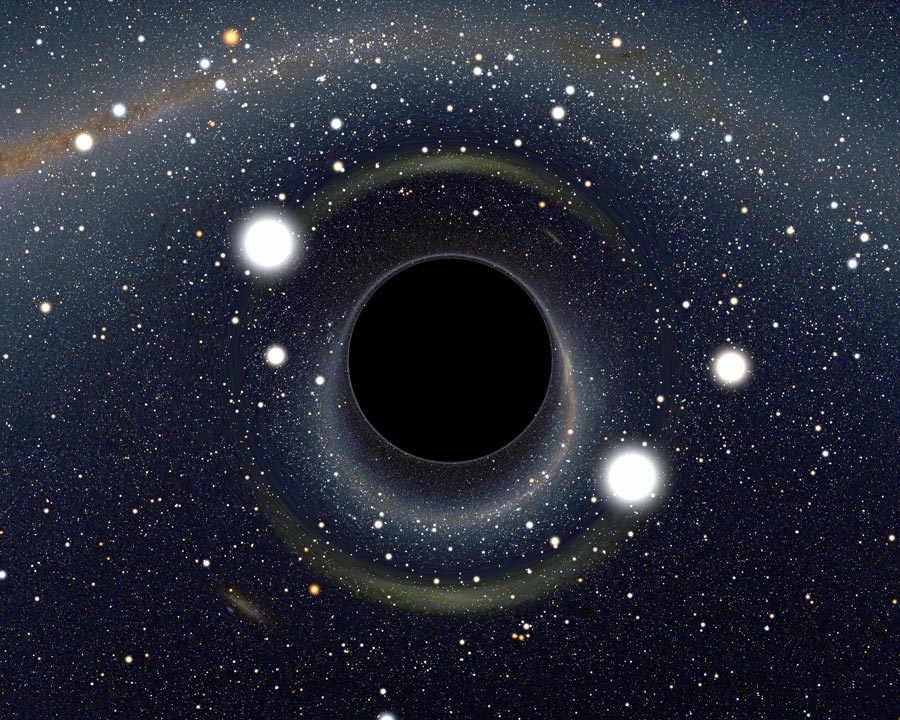
Did you hear the news? Nobel Prizes for black holes. We know there are stellar mass black holes and supermassive black holes, but how do you get from one to the other? How do black holes get more massive?
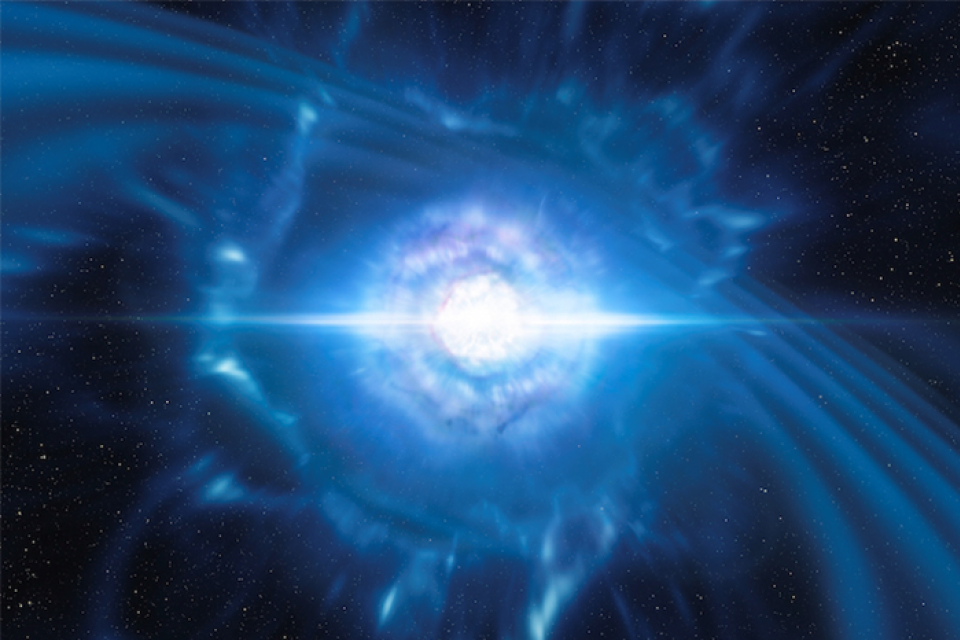
Don’t ever accuse us of not comprehensively covering every kind of exploding star. This week we gather up all the leftover ways that stars partially or fully explode, or don’t. Probably. Enjoy.
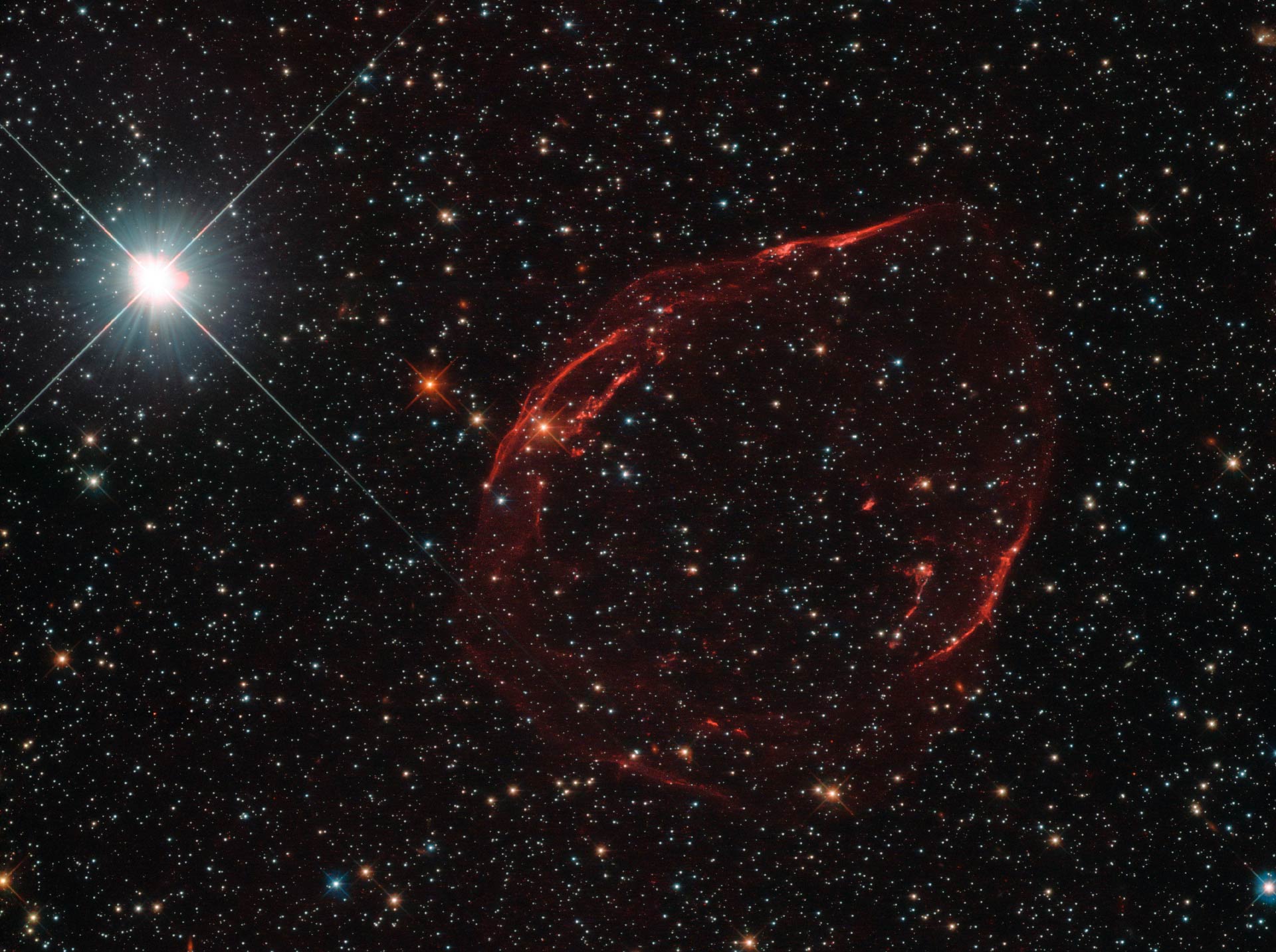
You’d think that a white dwarf star is the end of a stellar life. It’s all downhill from there. A long, slow cool down towards the end of everything. But in some situations, even dead stars can get exciting again, briefly becoming some of the brightest objects in the Universe. And just maybe, the last exciting thing that ever happens in the Universe.
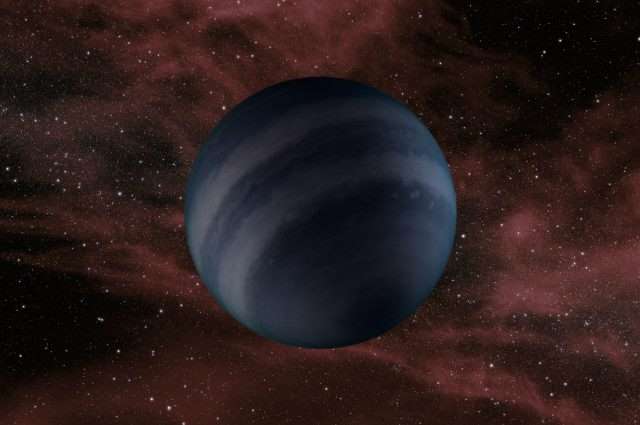
I’ve got some bad news for you: stars die. At some point in the next few billion years or so, our Sun is going to start heating up, using up all the fuel in its core, and then eventually die, becoming a white dwarf. It will then slowly cool down to the background temperature of the universe, becoming a black dwarf.

Have you heard the big news? Of course you have, evidence of phosphine on Venus which could be a biosignature of life on our evil twin planet. There have been a lot of surprising stories about Venus, so let’s get you all caught up.
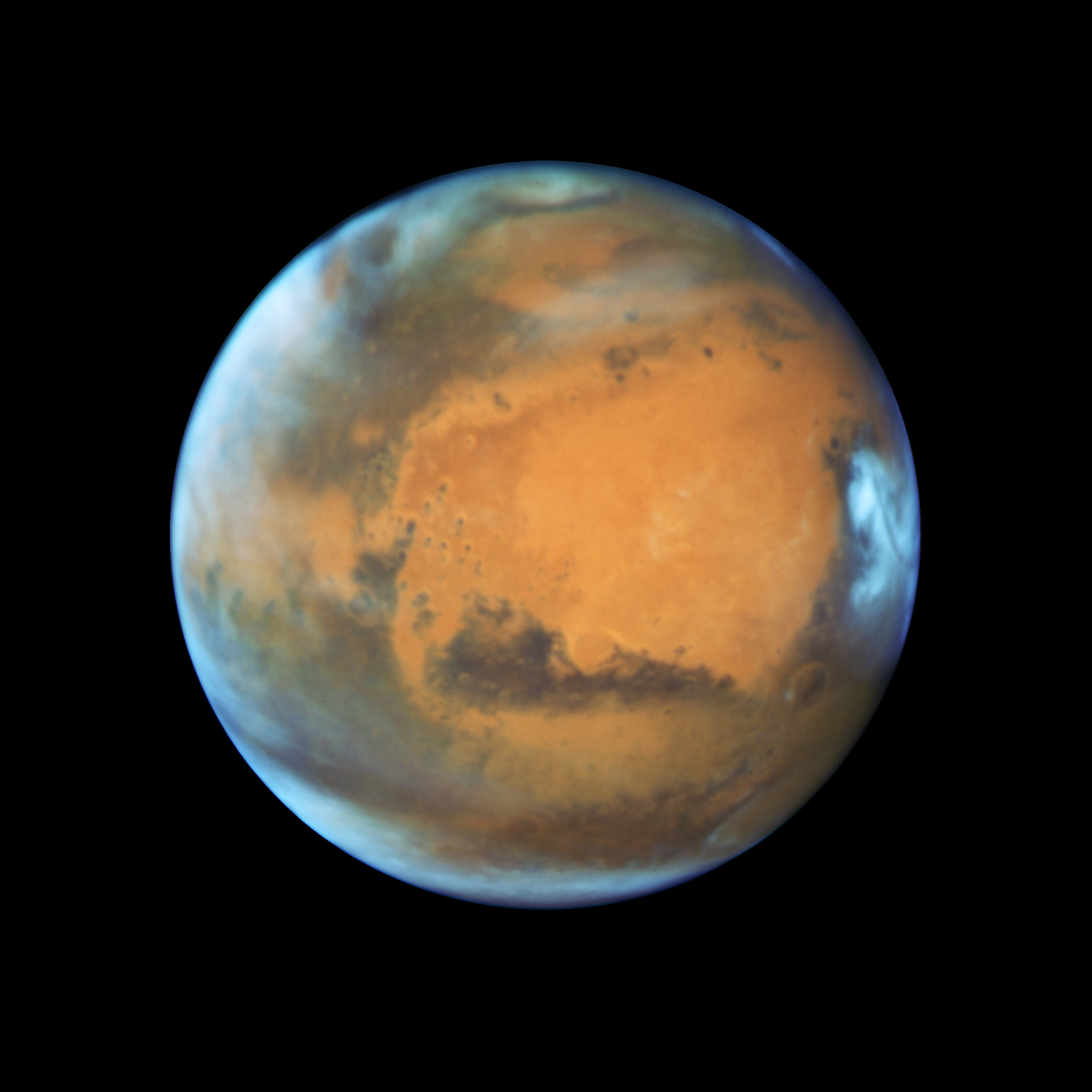
Every two years or so, Mars lines up nicely with the Earth. It only takes two minutes to communicate with rovers, you can see the polar ice caps in a small telescope, and it’s the best time to send spacecraft to the red planet.
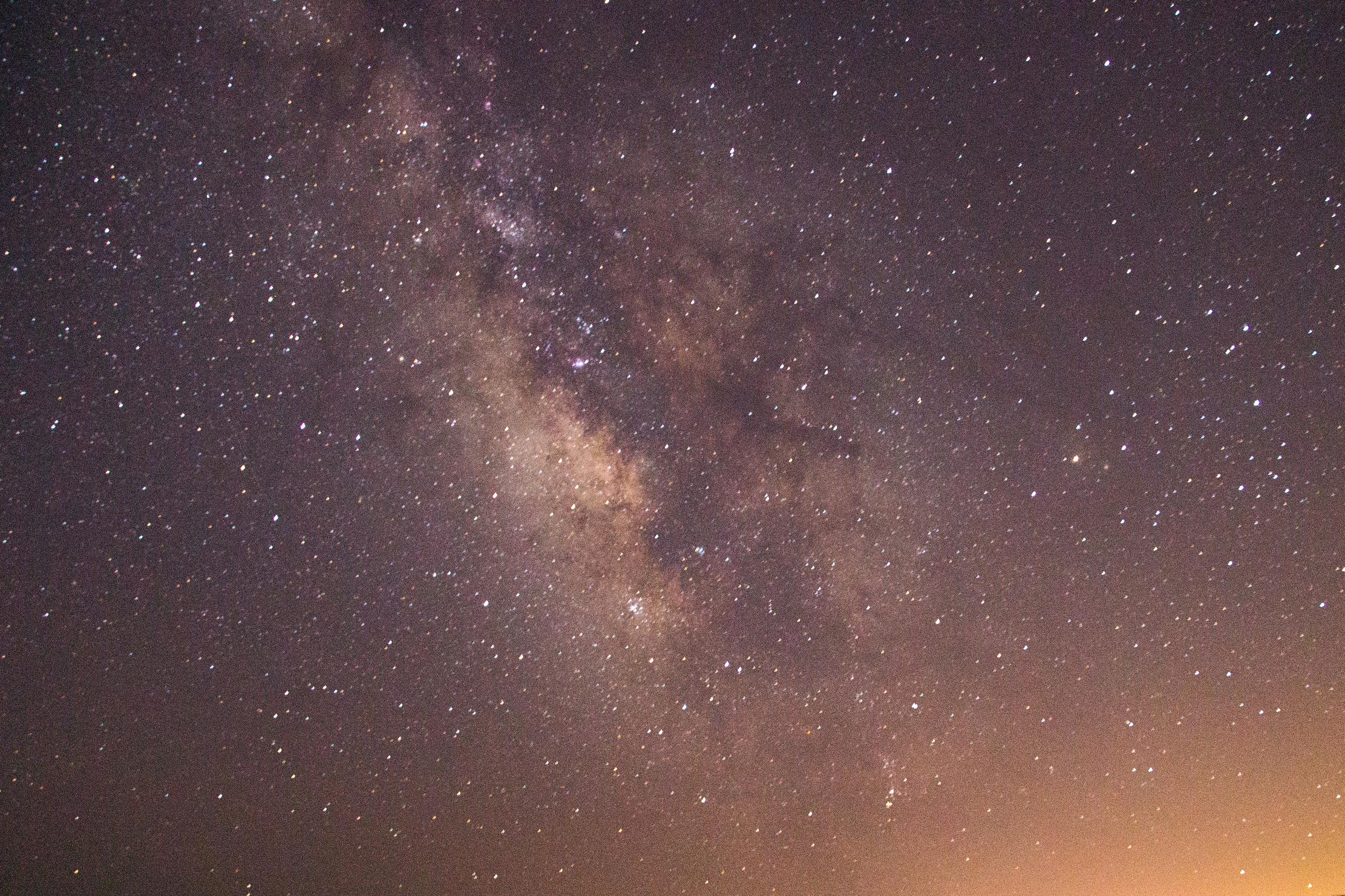
It’s time, once again, for Astronomy Cast to go on hiatus. You’ve got a couple of months on your own to explore the night sky. Before we say goodbye, though, we’d like to make a few suggestions.
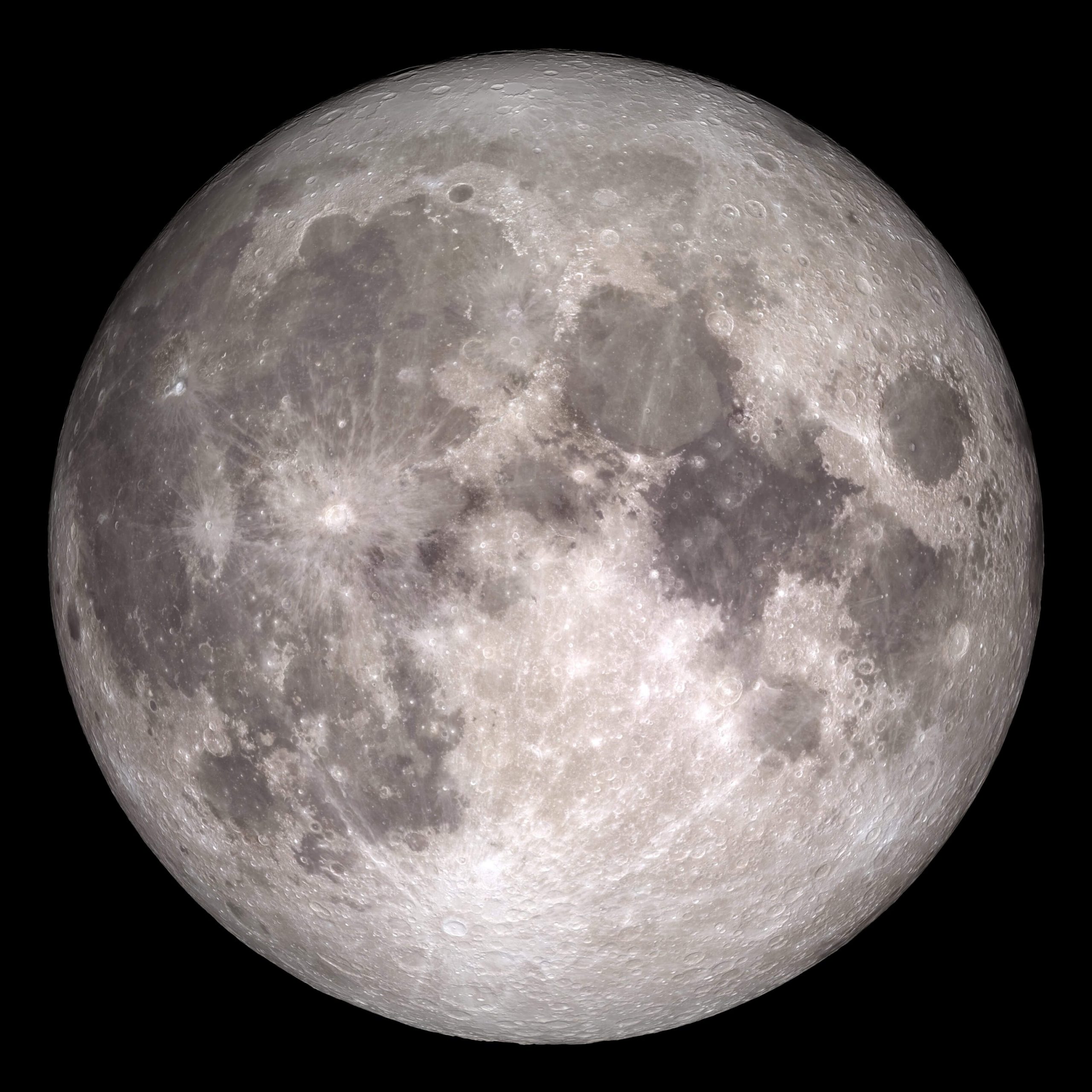
As amateur astronomers, we curse the Moon every month. Seriously, why doesn’t someone get rid of that thing? This week, something occurred to us. What if we actually pointed our telescopes at the Moon? What would we see?
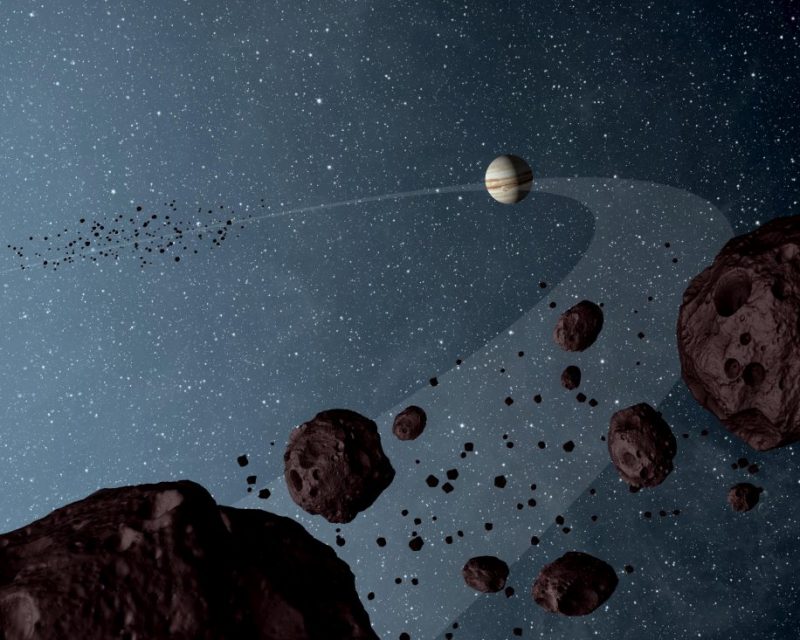
We imagine the asteroid belt as the place where all the rocks hang out in the Solar System, but there are two huge bands of asteroids that orbit the Sun with Jupiter called the Trojans. And soon, we might actually get a chance to see them up close.
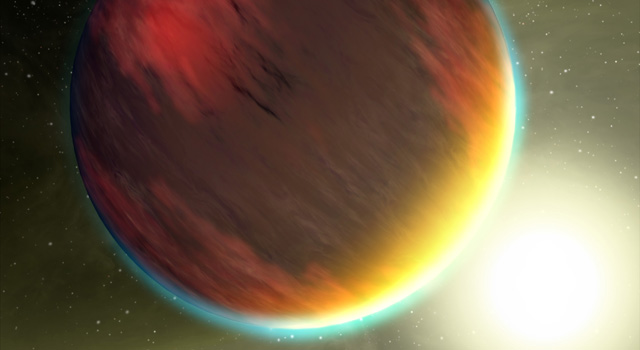
Not only have astronomers discovered thousands of exoplanets, but they’re even starting to study the atmospheres of worlds thousands of light-years away. What can we learn about these other worlds, and maybe even signs of life.
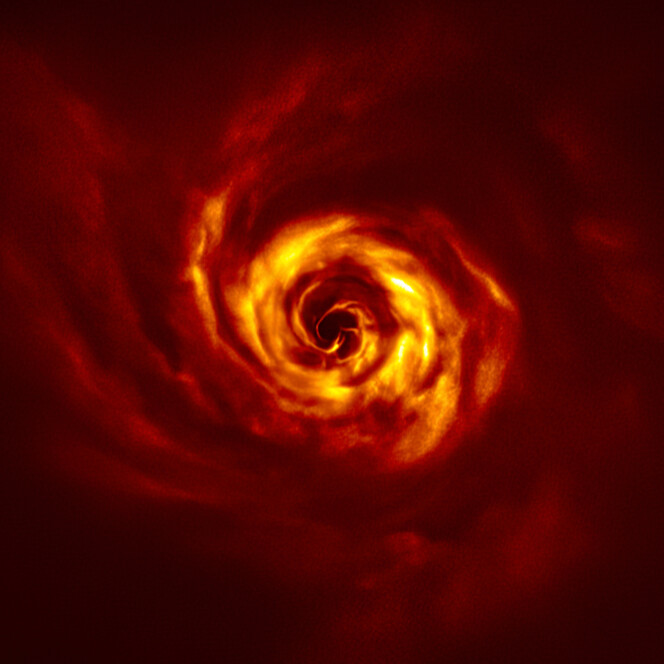
We’re all looking forward to the next generation of exoplanetary research, where we get to see pictures of planets directly. But astronomers are already making great strides in directly observing newly forming planets, helping us understand how our Solar System might have formed.
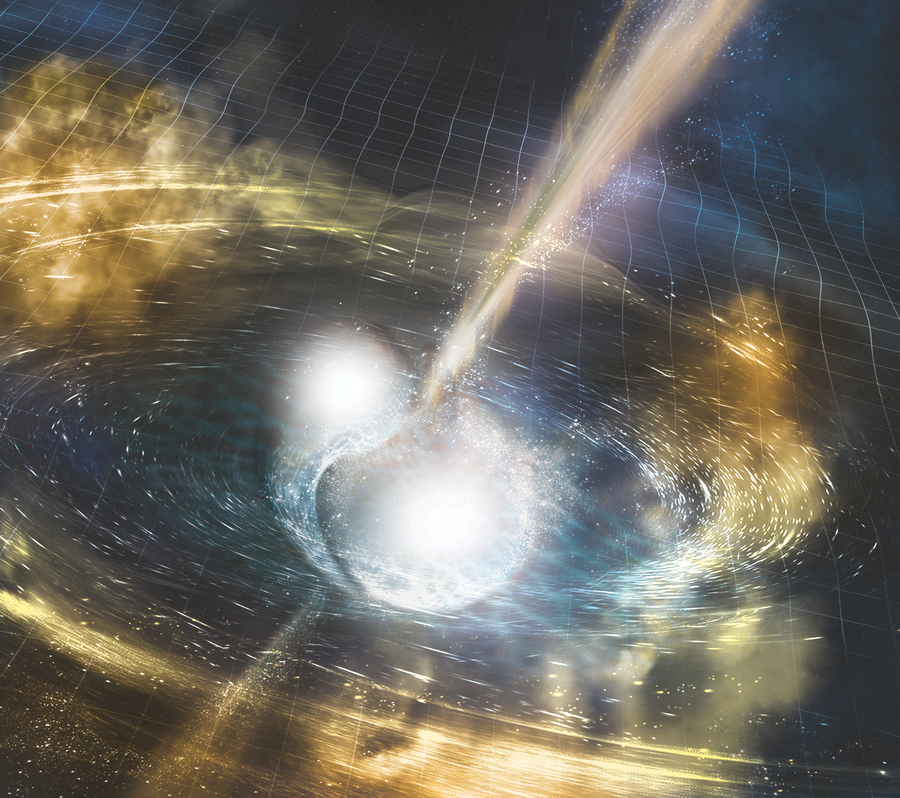
We’re familiar with regular binary stars. Two stars orbiting each other. Simple. Of course, the Universe has come up with every combination of things orbiting other things. And this week we look at the extreme version of this.
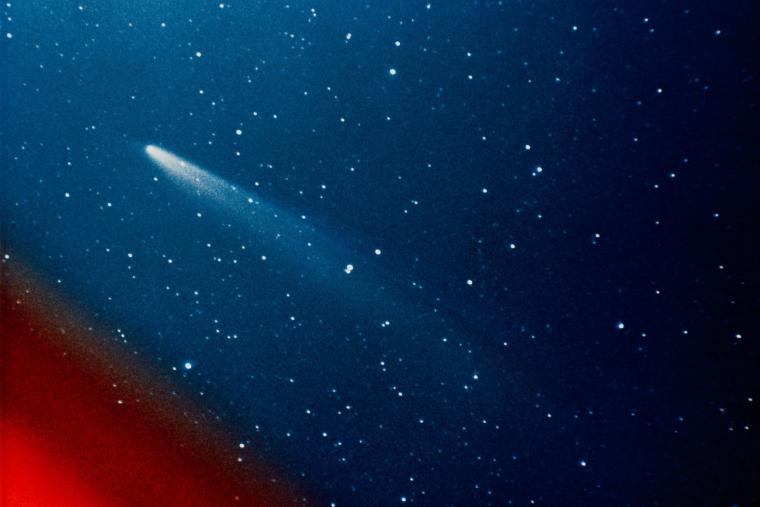
Discovering comets is one of the fields that amateurs can still make a regular contribution to astronomy. But more and more telescopes are getting found by spacecraft, automated systems and machine learning. This week, we’ll talk about how comets are discovered and how you can get your name on one.

Every year, more and more people are making their way to space. Some private citizens have already gotten their astronaut wings, paying for a trip to space out of their own pocket. What are the ethical implications of this as the costs of spaceflight come down?